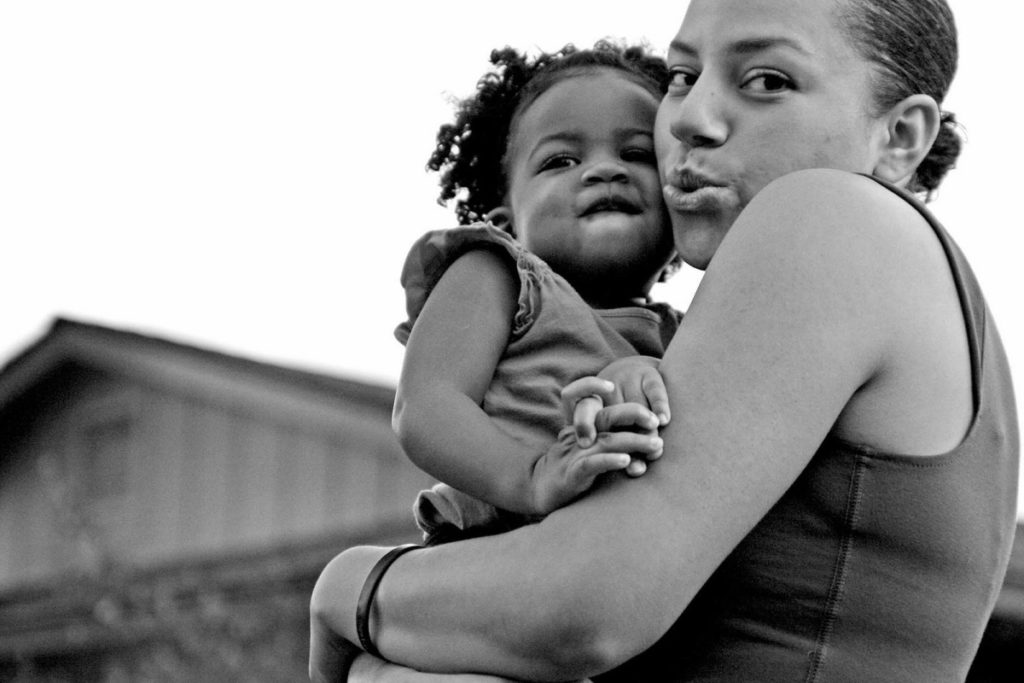
In the U.S., Black mothers need more than health care
November 11, 2015Last month, over a thousand people gathered in Mexico City for the Global Maternal and Newborn Health Conference. Much of the discourse centered on improving health care for mothers and babies, as it tends to both globally and nationally in the United States. The conference also had an equity theme, which is a critical part of the conversation on maternal health in the United States. Without it, our opportunities to make real progress for all women are limited.
In the United States, the pregnancy-related mortality rate in 2011 was 17.8 women per 100,000 live births. A closer look reveals that the pregnancy-related mortality rate for Black women is three times higher than that of white women (42.8 versus 12.5 per 100,000 live births). But that’s not the worst. In some parts of the United States, Black mothers are as likely to die as mothers in much less developed nations. In Fulton County Georgia (which includes the city of Atlanta), the maternal mortality ratio for Black women is 94 deaths per 100,000 live births. This is comparable to the developing country of Peru, where the MMR is 89 deaths per 100,000 live births.
While lack of access to health care has certainly contributed to maternal and infant death in the Black community, it doesn’t account for the extreme racial disparities seen in pregnancy-related outcomes. A growing body of evidence indicates that social, economic and psychological factors play a role as well.
Expanding access to health care in the United States is a good start, but it may not be enough. We have to address race—and racial discrimination in particular—if we are going to see any improvement in maternal and infant health in the United States.